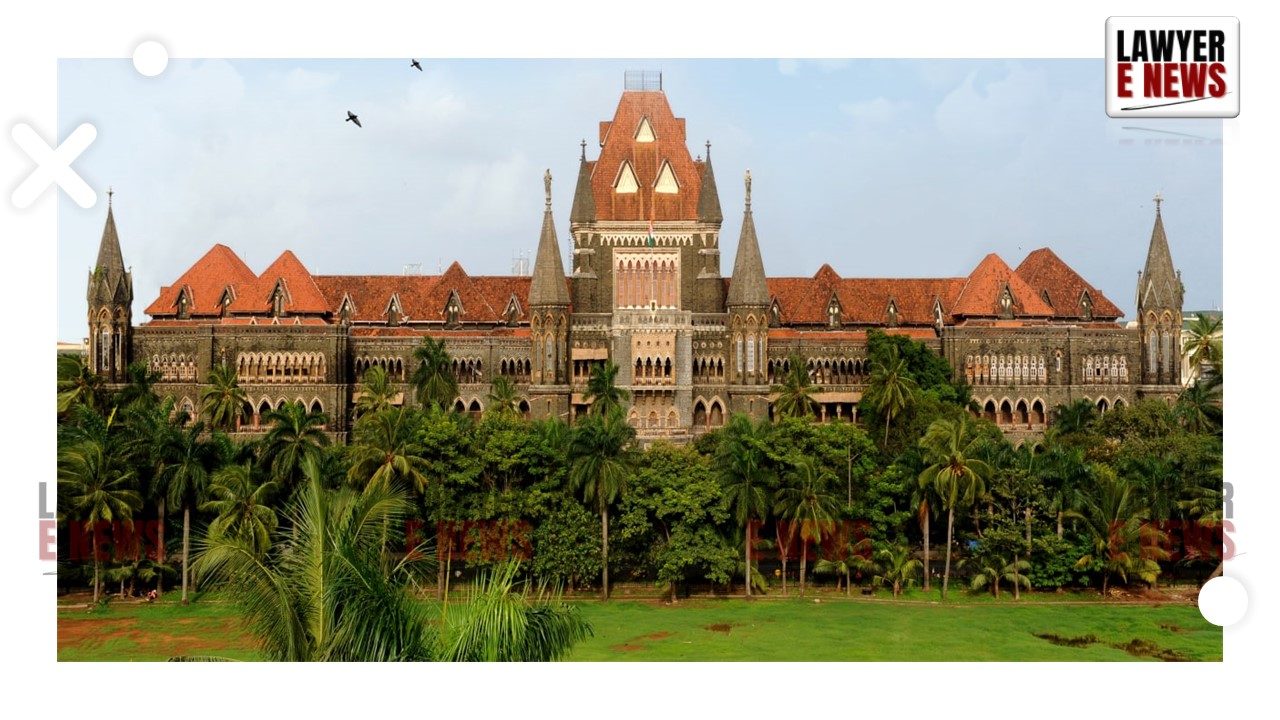-
by Admin
15 February 2026 5:35 AM



Bombay High Court, in Mahesh Sitaram Raut v. State of Maharashtra, addressed the fundamental right to education for a detainee under the Unlawful Activities (Prevention) Act (UAPA). The petitioner, Mahesh Sitaram Raut, sought admission to the LL.B. course despite being imprisoned at Taloja Central Prison. The court allowed his petition, ruling that his detention could not bar him from pursuing his studies, marking a significant stand on the right to education for incarcerated individuals.
Mahesh Sitaram Raut, implicated in a UAPA case (C.R. No.4 of 2018), is an accused in a matter transferred to the National Investigation Agency (NIA). Despite his detention, Raut had appeared for the Maharashtra Common Entrance Test (CET) for law, as permitted by a Special Court order in March 2024. Ranked 95th on the merit list, he was provisionally allotted a seat at Siddharth College of Law. However, his physical absence, due to incarceration, posed a hurdle in the document verification process, leading to this petition.
The central question revolved around whether a detainee, who had legally qualified for admission, could be denied education due to imprisonment. Raut’s counsel, Mihir Desai, argued that denying him the opportunity to take admission would violate his fundamental right to education, guaranteed under the Indian Constitution. Meanwhile, the respondents, including the university and college, argued that attendance requirements and the professional nature of the course necessitated his physical presence, which his detention made impossible.
"Imprisonment does not restrict an individual’s right to pursue further education."
The bench, consisting of Justices A. S. Gadkari and Dr. Neela Gokhale, noted that the petitioner had already qualified for admission by following the due process and could not be barred at this stage. The court rejected the respondents' contention that his incarceration should disqualify him from pursuing the LL.B. program.
While granting Raut permission to complete the admission process through an authorized representative or family member, the court clarified that this order did not exempt him from fulfilling other academic requirements, including minimum attendance. The court remarked:
"The University and the College are at liberty to refuse permission to the Petitioner from appearing in the examination for failure to satisfy the minimum attendance criteria or any other eligibility criteria."
Thus, while recognizing the right to education, the court left it open to the institution to enforce its academic rules uniformly.
The Bombay High Court’s ruling in Mahesh Sitaram Raut v. State of Maharashtra reinforces the notion that legal barriers, such as imprisonment, should not unjustly interfere with a fundamental right like education. However, it also maintains the importance of academic integrity by holding the petitioner accountable to the same standards as other students.
Date of Decision: September 19, 2024
